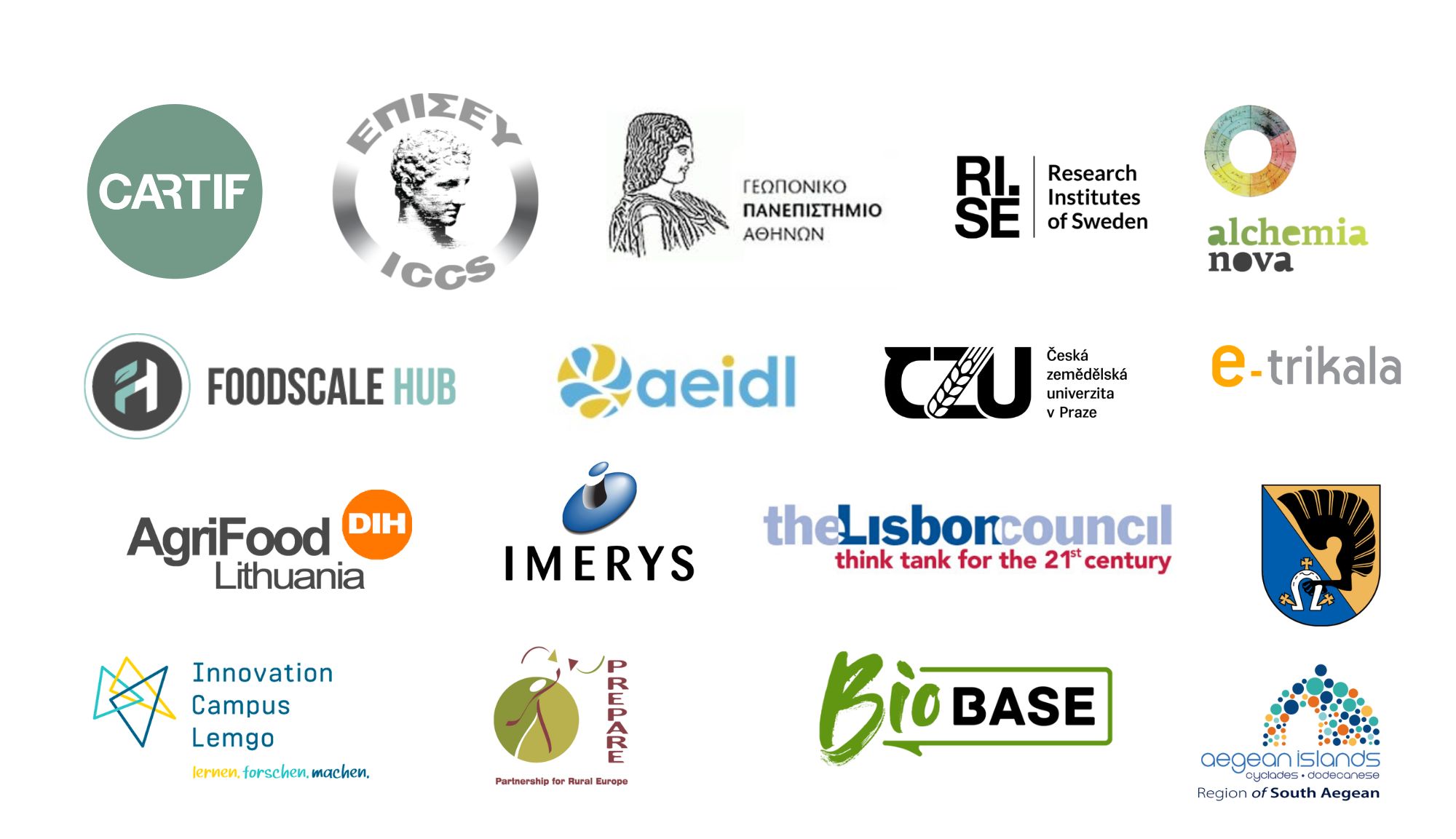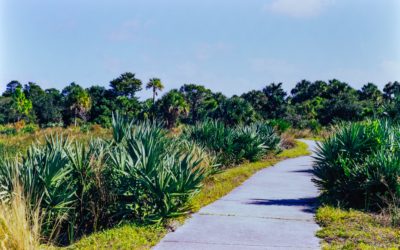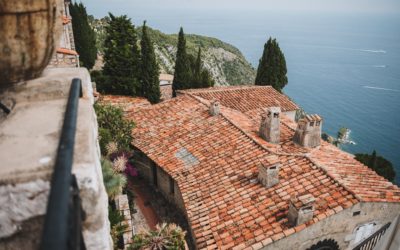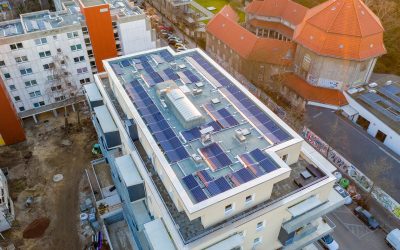CARTIF Projects
RURBANIVE
RUral-uRBAN synergies emerged in an immersIVE innovation ecosystem
Description
RURBANIVE will establish a novel rural/urban innovation framework, supported by technical and social innovations to enhance territorial governance and existing policy tools. A community store of Rural/Urban Enablers realized through rural/urban immersiveness will promote experimentation and innovation focused on building up the well-being economies of rural and urban areas. In addition, a Community of Practice Suite will challenge the current status quo by putting rural citizens at the centre of policy. Together, they will enable rural/urban interactions through enhanced social connectivity, cooperation, and instant realization.
Objectives
- Enhance rural-urban synergies through participatory approaches and the development of the rural/urban innovation framework.
- Rural/Urban enablers development, delivery and demonstration through physical and virtual realization contributing to integrated territorial development that improve well-being and economy.
- Rural/urban actors and stakeholders are equipped with rural/urban immersiveness and a community store of RURBANIVE results (inventory, campaigns, RUEs, practices) supporting visualization, realization, experimentation, and assessment of RUEs and scenarios to improve social connectivity in an inclusive setup.
- To support on-line interaction, dialogue, collaboration, and participation of rural/urban actors and stakeholders in the making of policy recommendations and bi-directional rural/urban synergies.
- To maximise the project’s contribution in achieving sustainable and resilient rural-urban communities through innovative services and develop business models to mainstream solutions.
Actions
- Coordination of the WP3, which aims to promote sustainable development in rural/urban regions by fostering innovation and collaboration across different sectors and stakeholders, and by promoting the integration of environmental, social, and economic considerations in decision-making processes, to contribute to the overarching goal by addressing key challenges and opportunities in rural-urban regions.
- Development of four cognitive computing (COC) tools will be developed upon a closed-loop approach, and used by rural/urban citizens to understand why some rural cultural landscapes are more visited than others and under what conditions.
- Contribute in the development of a multidimensional (multi scale/data/source/user) digital platfrom (namely, community store) running on a high uptime and large storage server, set-up as a virtual innovation hub offering open source and open access services focused on the improvement of rural/urban synergies fitting the RUEs, digital campaigns, business models, policies and practices.
Expected Results
- COC-Tool#1: to recognize facial expressions and NLP about the cultural landscape shown to the user on a computer screen.
- COC-Tool#2: to get the user into an immersive VR environment of the cultural landscape while measuring physiological responses through body sensors: GSR, SKT and HRV
- COC-Tool#3: to allow generating analytical reports upon the assessment of the most appropriate variables, also including and algorithm for anomalous situations early warning.
- COC-Tool#4: to collect all kind of output data from the previous tools. An operational database will be developed to do so in addition to keep reports and configurations.
R&D Line
- Development of customised rural and urban regeneration solutions and studies based on cultural and natural heritage.
Partners

Horizon Europe
101136597

Total Budget: 5,495,530€
CARTIF Budget: 326,250€
Duration: 01/01/2024 – 31/12/2027
Responsible
David Olmedo Vélez
Industrial and Digital Systems Division
davolm@cartif.es
Networking
Natural and Cultural Heritage projects:
iPhotoCult
iPhotoCult has as objective to design, develop and validate innovative and sustainable photonic solutions for the preservation of Cultural Heritage. These solutions, applicable on remote or in situ, include advance diagosis tools and a platform of services on the cloud that allos the precise monitorization of buildings, monuments and artefacts
RURACTIVE
RURACTIVE encourage a just and sustainable transition of rural areas through intelligent solutions, lead by the community, tailor-made, based on the local and inclusive inside the multi-stakeholder rural innovation ecosystems at 12 pilot areas (Dynamos, Ds).
SRURAL
SRURAL aims to investigate and advance in recognized disruptive technologies (cognitive computing, edge computing and dynamic geo-information), in addition to demonstrate their application in our natural spaces and their extensive cultural heritage (cultural landscapes as a whole), in such a way that causes a real transformation of the territory providing practical ways of proceeding with management
TExTOUR
TExTOUR mobilizes 18 partners, represented in the quintuple social innovation helix (knowledge, business, society, government and entrepeneurs) to co-design, validate and upscale to various levels, policies and strategies with positive impact on the socio-economic territorial development based on cultural tourism.
RURITAGE
RURITAGE enables rural regeneration through cultural and natural heritage (CNH). Has selected 13 rural areas as Role Models, i.e. successful cases regenerated thanks to CNH in 6 Systematic Innovation Areas.
ITEHIS
Inovative and digital technologies to proceed to the technical inspection of historical buildings for public or private use. The methodology proposed is based on the HBIM (Heritage BIM) paradigm
INSITER
INSITER eliminate the gaps in quality and energy-performance between design and realization of energy-efficient buildings based on prefabricated components.
SHCITY
SHCITY addresses the innovative challenge of creating a unique tool to manage historic urban centers and facilitate the work of the competent authorities in decision making. SHCITY will integrate data collected by sensor networks with artificial vision and 3D scanning technologies deployed in the urban area (Ávila), in order to respond to conservation, security, energy efficiency and tourism needs.
RENERPATH-2
The goal of the project called “Energy Refurbishment Methodology for Heritage Buildings” (RENERPATH-2) is to establish a specific European pre-normative, focused on the energy refurbishment of heritage buildings, whether public or private use, in parallel with the newly constructed buildings law.
INFIT
In INFIT, automatic data capture systems have been developed to obtain an accurate and objective image of the tunnel surface.
SITEER
Currently, inspections of road and rail tunnels are carried out manually. CARTIF and Geocisa have studied how to implement technologies that allow inspecting automatically tunnels to achieve its preventive maintenance, developing a system which is able to organize the collected data.
PAVIREX
The PAVIREX project, “New safer pavements in extreme temperature conditions”, was co-financed by the Ministry of Science and Innovation and FEDER Funds, through the INNPACTO 2011 call. The consortium of the project is formed by CARTIF, Grupo Campezo, Euroestudios , Proas (Cepsa), Eiffage, the University of Oviedo and the University of the Basque Country.
RENERPATH
This project, which was developed between 2011 and 2013, established an energy rehabilitation methodology based on novel and non-intrusive techniques for the energy analysis applicable to public and private heritage buildings.












